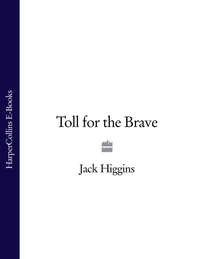Sadece Litres'te okuyun
Kitap dosya olarak indirilemez ancak uygulamamız üzerinden veya online olarak web sitemizden okunabilir.
Yaş sınırı:
0+Litres'teki yayın tarihi:
29 aralık 2018Hacim:
190 s. 1 illüstrasyonISBN:
9780007369423Telif hakkı:
HarperCollins